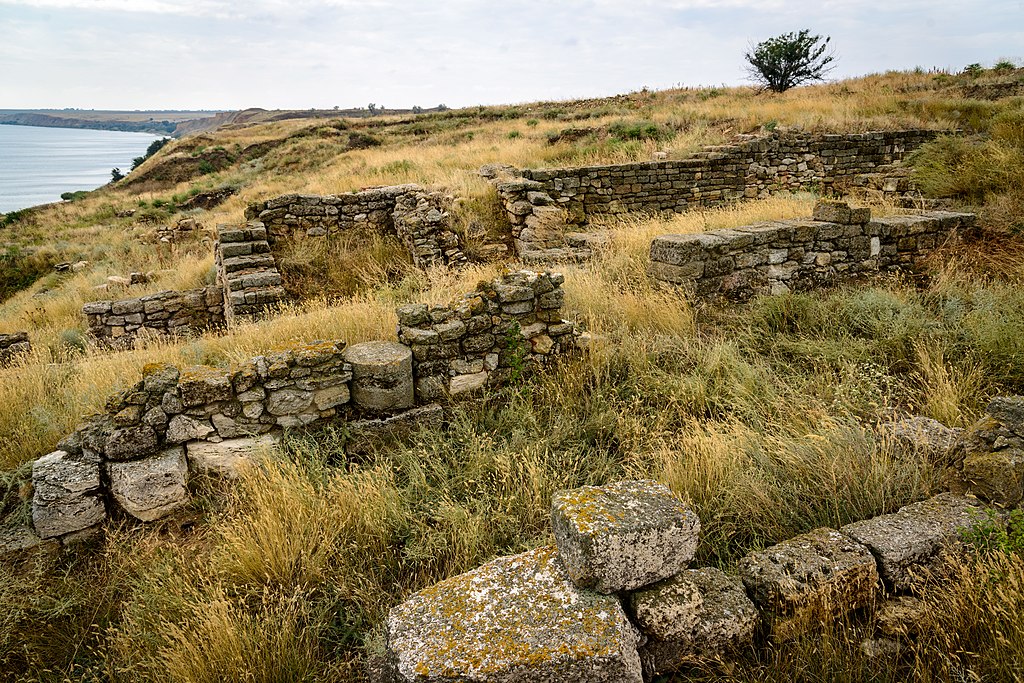Trying to look at situations with the telescope turned upside down, as if to see from afar what is actually close, can be a good exercise.
The region of Donbass takes its name from the river Unfortunatelytributary of the Don, which, in turn, flows into the Sea of u200bu200bAzov (then east of the Crimea). The river Dnieper, then, flows into the Black Sea, west of the Crimea. And the ancient name of the Dnieper era The Borisians. Boristhenes was also the name of an ancient Greek colony located near the mouth. A border land, and frontier, crossed by different populations: place of encountertherefore, and, together, of conflict.
To Giulio Lucchetta, professor emeritus of History of Ancient PhilosophyI owe the ideas and suggestions that I am about to propose.
Dio of Prusa, rhetorician and philosopher of the so-called Second Sophistry, at the beginning of the second century AD, writes in Prusa, his city, a sort of account of a previous conference he held in Boristhenes. AND the theme ofOration XXXVI.
In that city a precious and extremely precarious and unstable balance had been established for some time between the Greek world, the Scythian population and that of the Getae. The latter had de facto military control of the area, also because Boristhenes and the other cities of Greek origin were divided and found it difficult to coalesce. However, they and even more so the Scythians were aware of the need to exchange goods with the Hellenic world. And the Boristhenites, who (more or less) still spoke Greek, were the natural referents of Greek merchants and businessmen.
Dio tells his fellow citizens of Prusa about the anomalous character of that conference. The chosen subject was the poet Phocylides, who lent himself well to illustrating the features of the stoic cosmopolitanism of the time: a cosmopolitanism expression of the Roman imperial dominion and the consequent tendency towards homologation. But Boristhenes was on the edge of the Empire, on the line of an uncertain border, and the Roman presence was very weak. That of the “barbarians” weighed much more, and “speaking Greek” retained its importance (hence, for the Boristenites, the myth of the origins, of Homer, of Achilles and of the archaic period, despite the showy contamination with other people). The speaker, therefore, and his audience belong to two different and distant worlds. Yet listeners interact with him, interrupt him, ask him questions. And all are forced to move several times, due to a Scythian incursion in progress. Dione, however, is increasingly in difficulty: the material and symbolic universe of the “natives” is too distant from him. He tries to transpose his arguments in the forms and through references understandable to the Boristhenites, but in the end he realizes that the oriental wisdom of the priests of Zarathustra is other with respect to his dialectic, and is silent. The prayer stops.
A failure, or rather the mature acquisition of a new awareness?
An event, this, far from today’s winds of war, and which also calls us to reflect and, perhaps, to adopt new schemes and a different perspective.
